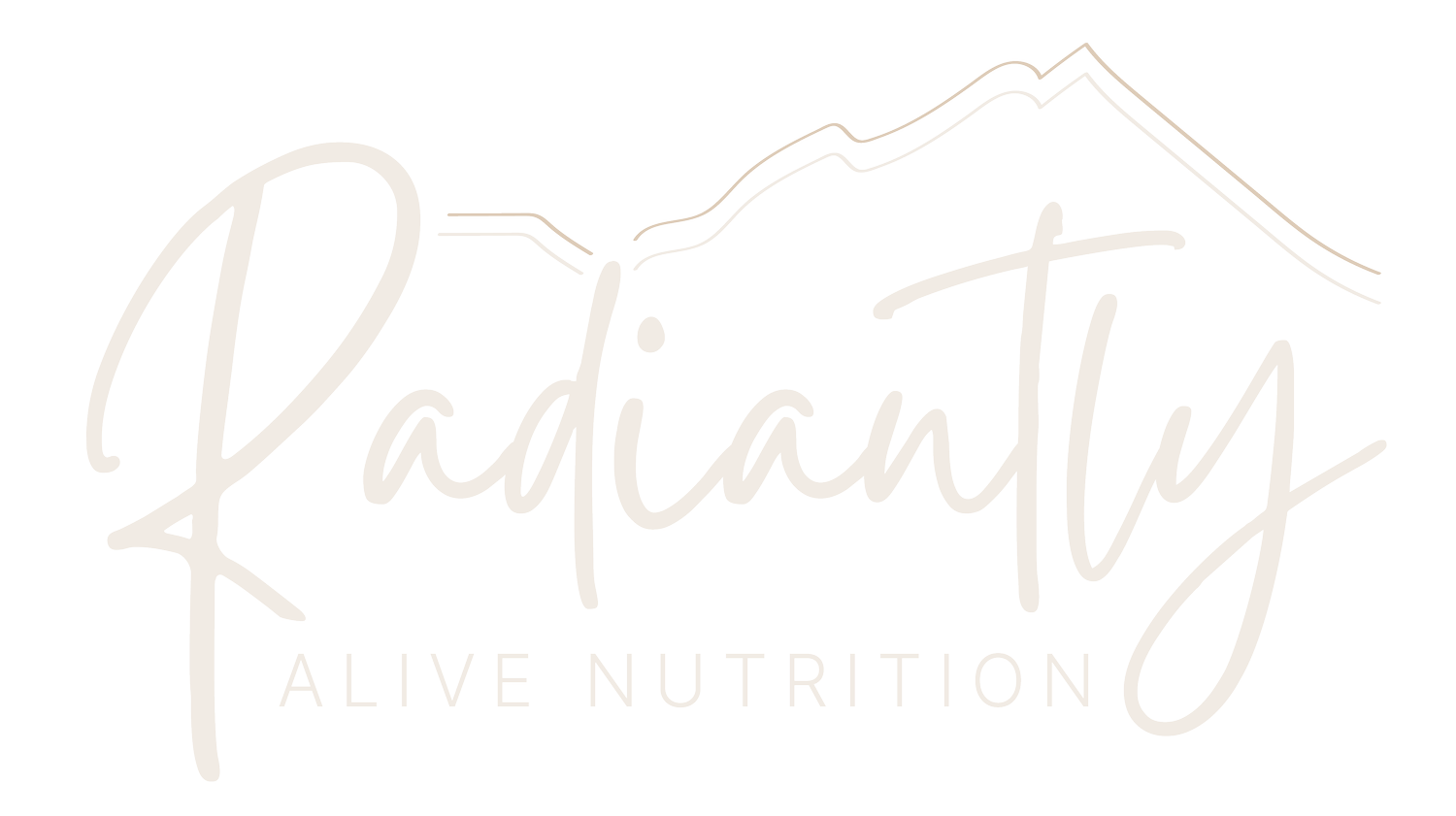The Importance of Eating Seasonally
Local and seasonal eating is not only beneficial for our health, but it is also good for the environment and our local communities. When we eat produce that is in season and grown locally, we are not only supporting our local farmers but also reducing the carbon footprint of our food.
One way to make informed choices about what produce to eat is to pay attention to the Clean 15 and Dirty Dozen lists. These lists are published annually by the Environmental Working Group (EWG) and are based on the levels of pesticides found on conventionally grown fruits and vegetables.
What are the Clean 15 and Dirty Dozen?
The Clean 15 is a list of the 15 fruits and vegetables that are least likely to be contaminated with pesticide residues, even when conventionally grown. This means that if you can't afford or find organic options, you can still eat these fruits and vegetables without worrying too much about pesticide exposure.
The Clean 15 includes produce such as avocados, sweet corn, pineapples, and onions - check out the full up-to-date list on the website link listed above.
On the other hand, the Dirty Dozen is a list of the 12 fruits and vegetables that are most likely to be contaminated with pesticide residues. These are the produce items that are recommended to be bought organic whenever possible. The Dirty Dozen includes strawberries, spinach, kale, apples and more.
Reasons to Eat Seasonally & Locally
Seasonal eating is a great way to promote sustainable food practices, support local farmers, and ensure that you're getting the freshest, most nutrient-dense produce possible.
In addition to paying attention to the Clean 15 and Dirty Dozen lists, eating seasonally and locally can also help reduce our exposure to pesticides. When we buy produce that is in season and grown locally, it is often fresher and has been transported shorter distances, which means it has been exposed to fewer pesticides and chemicals.
One of the primary benefits of eating seasonally and locally is that you're able to access the freshest produce possible. This is because the fruits and vegetables are harvested at their peak ripeness, and don't have to travel long distances to reach your plate. As a result, the produce is often more flavorful and nutrient-dense, and can provide a more satisfying eating experience.
Another benefit of seasonal eating is that it's better for the environment. When food has to travel long distances to reach your plate, it requires more packaging, transportation, and storage, all of which contribute to carbon emissions and other environmental impacts. By choosing to eat locally grown produce, you can help reduce your carbon footprint and support sustainable farming practices in your community.
When produce has to travel long distances, it often loses some of its nutrient content along the way. By choosing to eat seasonally and locally, you can ensure that you're getting the most nutrient-dense produce possible. This is because the produce is often picked at peak ripeness, and doesn't have to travel long distances or sit in storage for extended periods of time.
Finally, eating seasonally and locally can also be cost-effective. When produce is in season and readily available, it's often less expensive than when it's out of season and has to be imported from other countries. This can help you save money on your grocery bill, while still providing you with access to fresh, nutritious produce.
Moreover, when we eat seasonally, we are also supporting local farmers who are more likely to use sustainable farming practices. This not only benefits the environment but also our local communities.
Overall, eating seasonally and locally is an excellent way to support our health, the environment, and our local communities. By paying attention to the Clean 15 and Dirty Dozen lists, we can make informed choices about what produce to eat, even when organic options are not available or affordable.
So, next time you're at the grocery store or farmer's market, try to choose produce that is in season and grown locally. Your body and the planet will thank you!
Contact me to see how I can help you create a personalized seasonal eating guide today!

